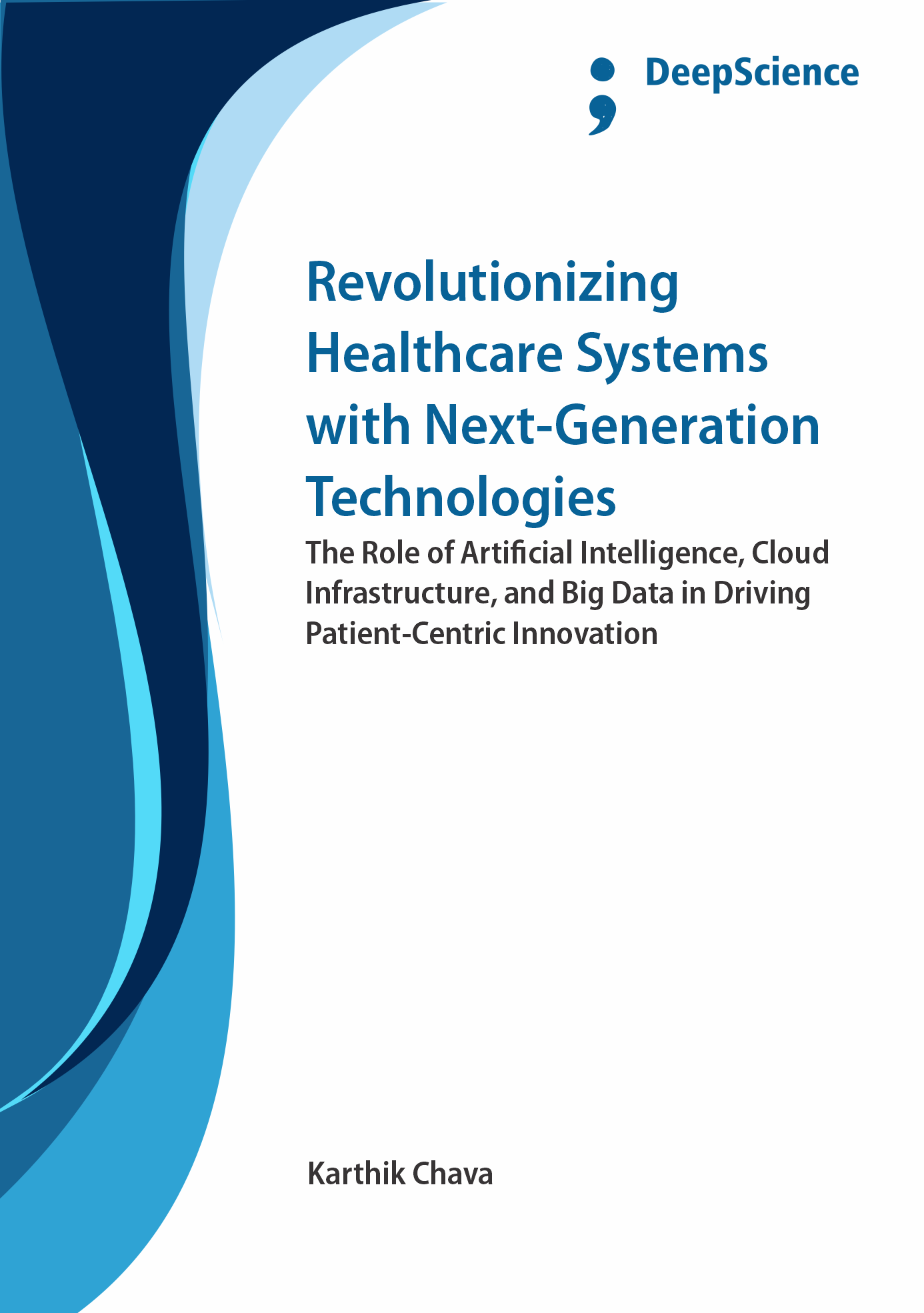Enhancing clinical decision-making using artificial intelligence applications
Synopsis
Making appropriate clinical decisions is one of the most important responsibilities of healthcare professionals. In fact, the quality of clinical decisions determine the success of the diagnostic journey as well as treatment and management of medical conditions, and thus ultimately affect the outcomes of patients. Throughout the long history of clinical practice, healthcare professionals have carried out clinical decisions with the integration of the knowledge which they gained during their courses of medical education and training, and the experience they acquired through years of working practice as well as scientific evidence. Initial attempts to make clinical decisions more objective and less dependent on the varying levels of skills and experience of medical practitioners focused on the establishment of diagnostic and management guidelines, and standardized treatment protocols. Medical Holistic Methodology, which advocates the joint consideration of clinical findings and patients' responses, enabling the identification of management strategies with the best risk/benefit ratio based on overall assessments, was proposed as a more objective and systematic method for decision-making of treatment and management of patients suffering from complex and progressive chronic diseases.













